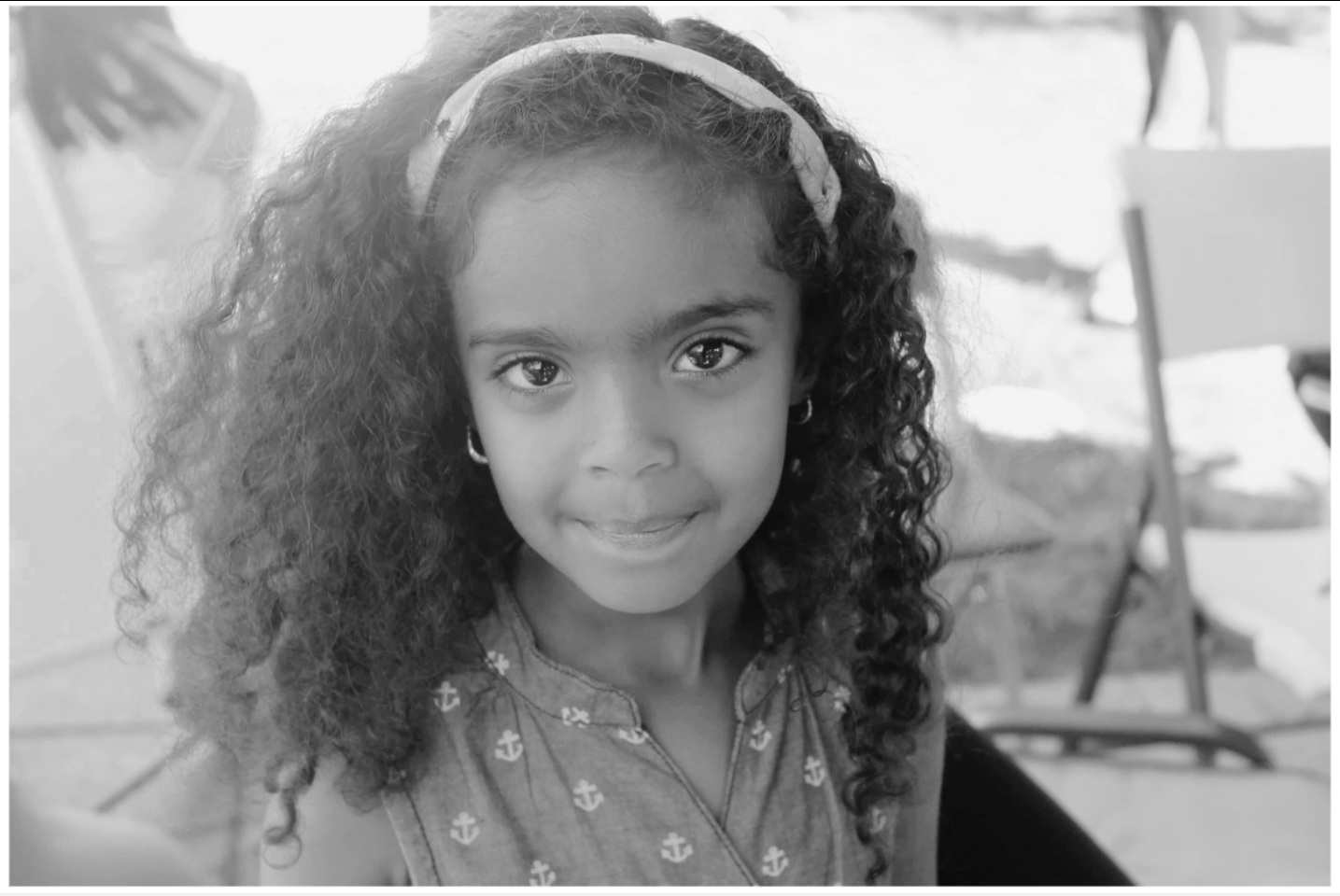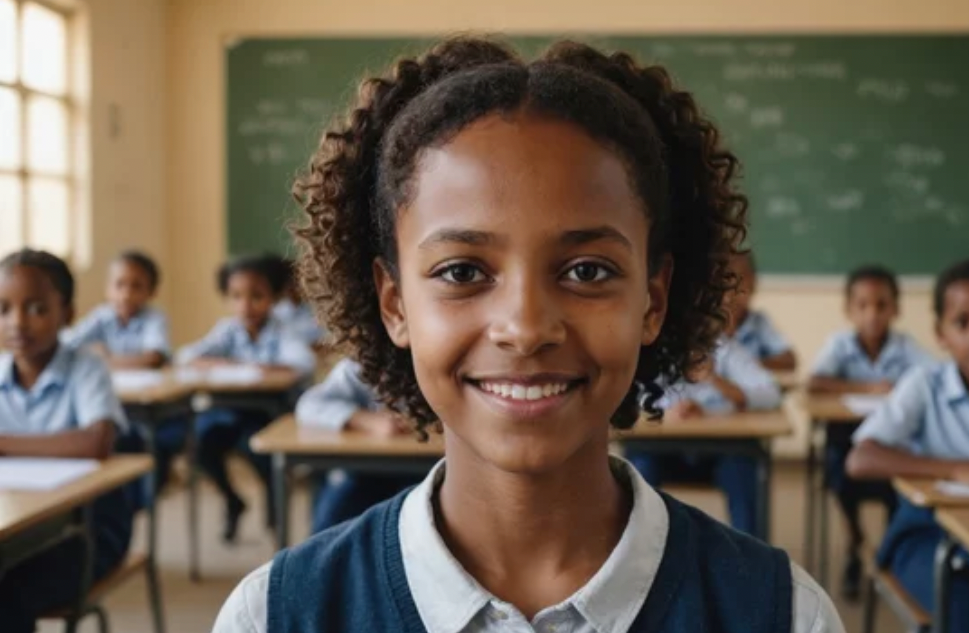Our Commitment to Transparency
We believe donors should see the impact of their support. That’s why we share exactly how funds are used—from building classrooms to training teachers—backed by reports, audits, and community oversight. Your trust drives our mission, and transparency connects your generosity to lasting change.
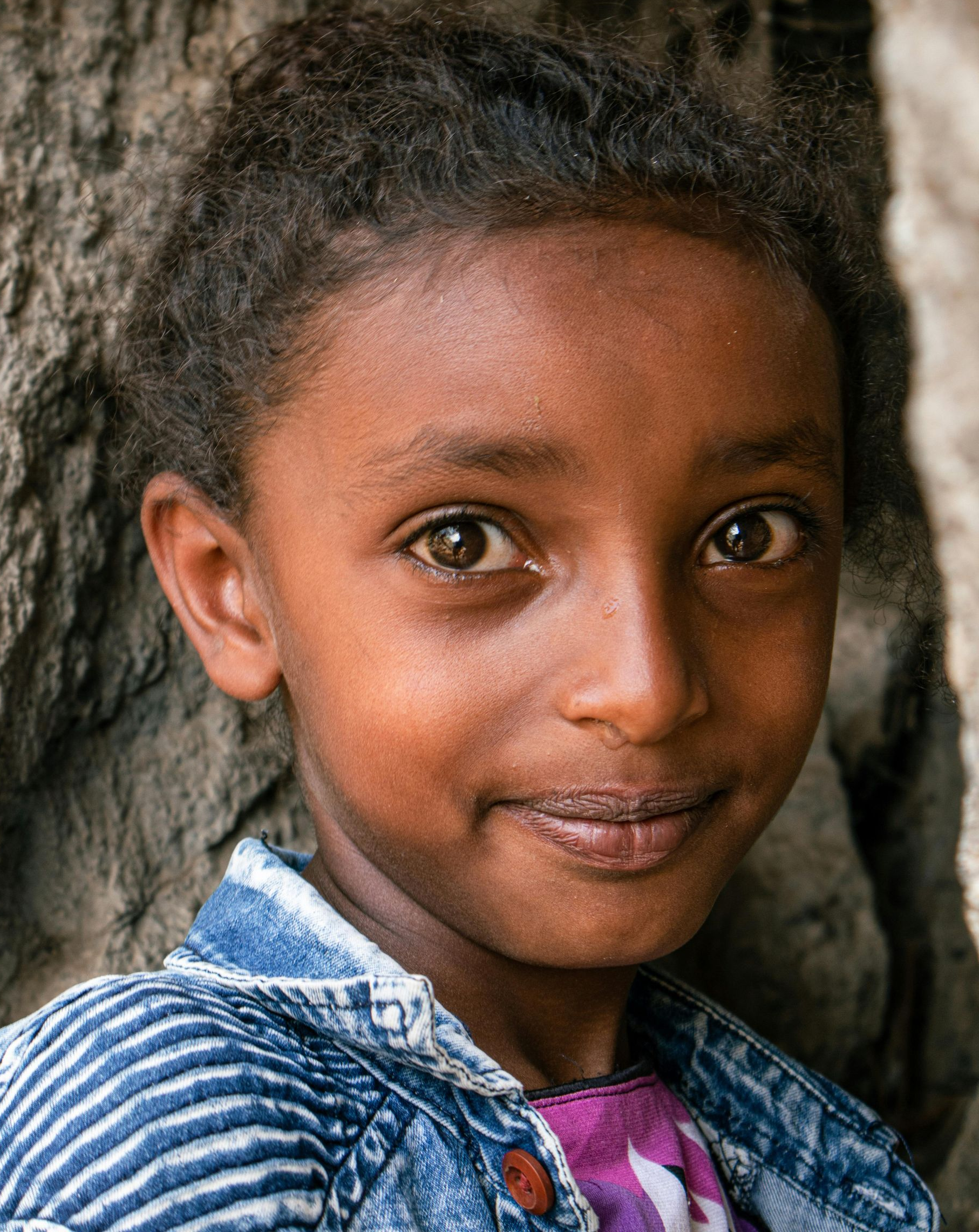
Reports
Clear and accountable use of funds deployed:
- Clear financial stewardship with verified receipts, Woreda audits, and independent inspections
- 21.5 million Birr budget required for 2024/2025 projects, with over 10.4 million already transferred
- Payments only released after verified quality work, ensuring accountability
- Local contributions strengthens shared ownership and sustainability
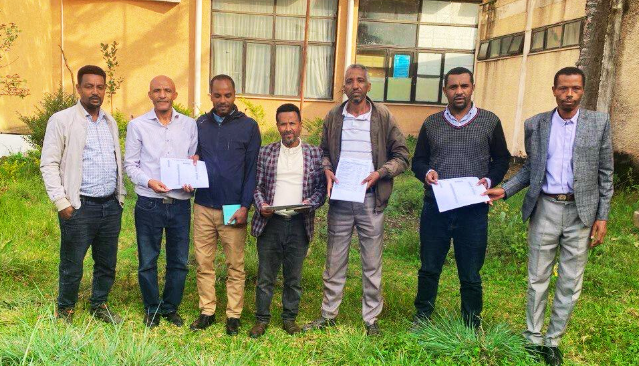
Driving Measurable Results
- Completion of Mamuu Secondary School in 2023, now serving hundreds of students.
- Schools built with inclusive infrastructure: ramps, water tanks, and accessible designs for children with disabilities and girls.
- Teacher training programs in early-grade literacy and numeracy, equipping dozens of educators with new tools.
- Current projects include Jema Nigus Primary School construction with classrooms, libraries, and science/ICT blocks.
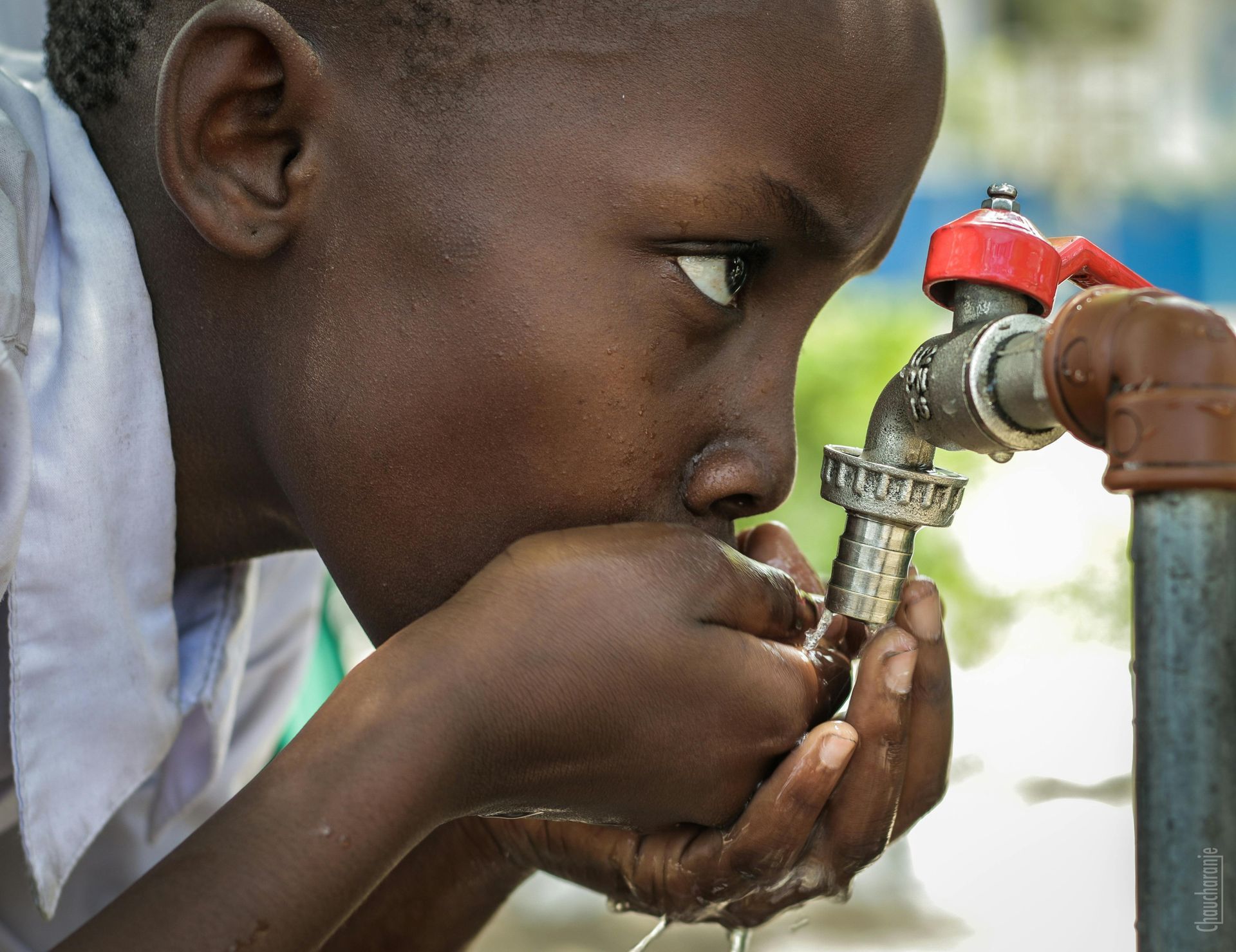
Building Communities
- Over 40 builders and tradespeople employed per project, providing sustained local jobs.
- Local suppliers (cement, sand, timber, food vendors, transporters) benefit economically from school construction.
- Communities contribute land, volunteer labor, and fundraising, reinforcing pride and participation.
- Strategic partnerships ensure accountability and high project standards.
- Schools foster long-term benefits: improved hygiene (toilets, sinks, water tanks) and female empowerment through higher enrollment and teacher training.

Reports
The Sarah Tahir Foundation is committed to the clear and accountable use of all funds deployed. Every project follows strict financial stewardship, supported by verified receipts, Woreda audits, and independent inspections to ensure transparency at every level. For the 2024/2025 projects, the Foundation has set a budget of 21.5 million Birr, with over 10.4 million Birr already transferred to support ongoing initiatives. Payments are only released after the completion of verified, high-quality work, guaranteeing accountability and effective use of resources. In addition, meaningful local contributions foster shared ownership and strengthen the long-term sustainability of the Foundation’s mission.

Driving Measurable Results
In 2023, the Sarah Tahir Foundation proudly completed the Mamuu Secondary School, which now serves hundreds of students and provides them with access to quality education. All schools supported by the Foundation are built with inclusive infrastructure, including ramps, water tanks, and accessible designs to meet the needs of children with disabilities and to create safe learning environments for girls. In addition, the Foundation has implemented teacher training programs in early-grade literacy and numeracy, equipping dozens of educators with the skills and tools needed to enhance classroom learning. Current projects include the construction of Jema Nigus Primary School, which will feature classrooms, libraries, and fully equipped science and ICT blocks to further expand educational opportunities for local communities.

Building Communities
Each school construction project supported by the Sarah Tahir Foundation employs over 40 builders and tradespeople, creating sustained local jobs and strengthening livelihoods. Local suppliers—including those providing cement, sand, timber, food, and transportation—also benefit economically, ensuring that investments circulate within the community. Beyond financial contributions, local residents provide land, volunteer labor, and fundraising support, reinforcing pride, ownership, and participation in the projects. Strategic partnerships further guarantee accountability and uphold high construction and educational standards. The long-term impact of these schools is profound, fostering improved hygiene through toilets, sinks, and water tanks, while also advancing female empowerment through higher enrollment rates and specialized teacher training.

